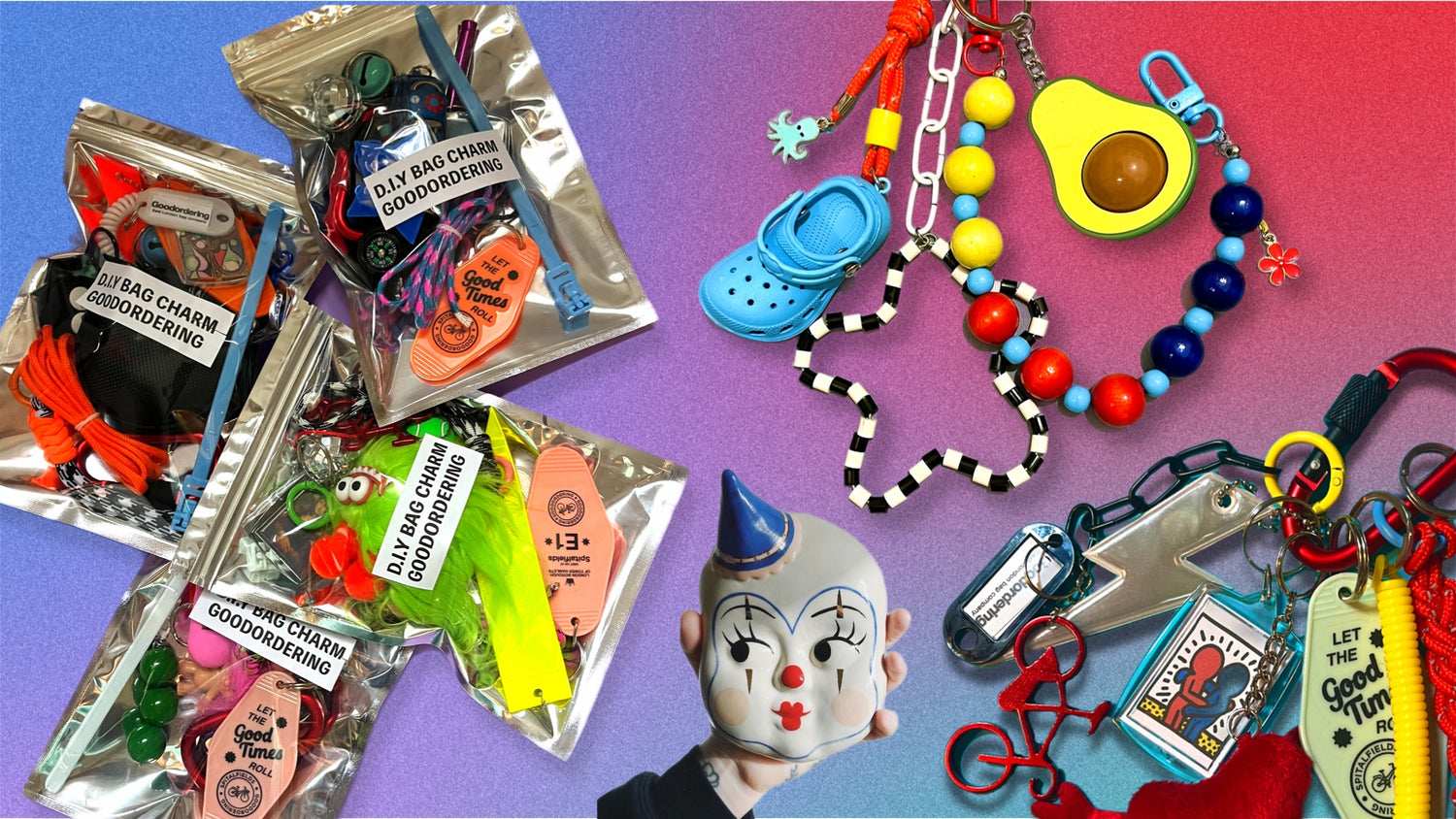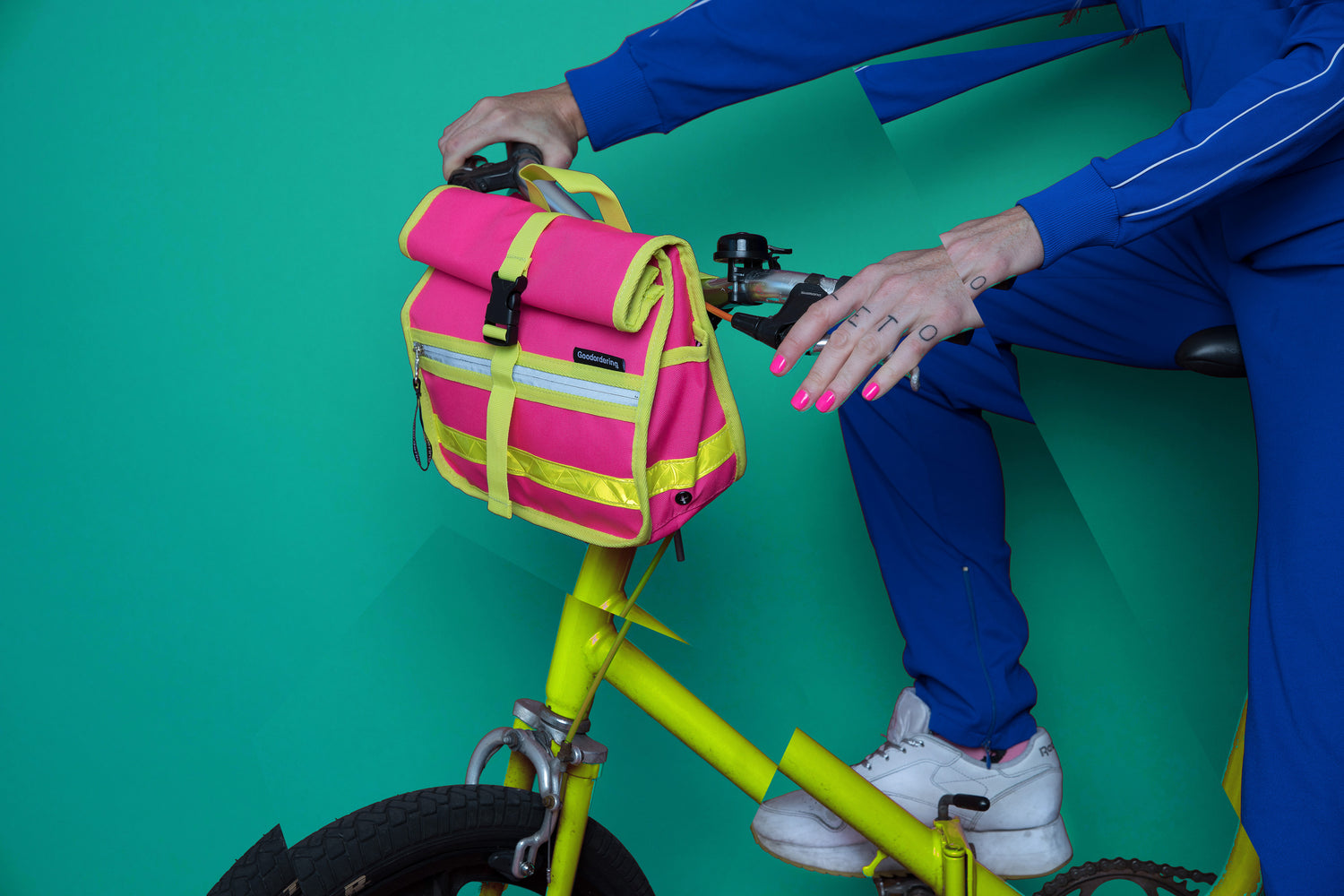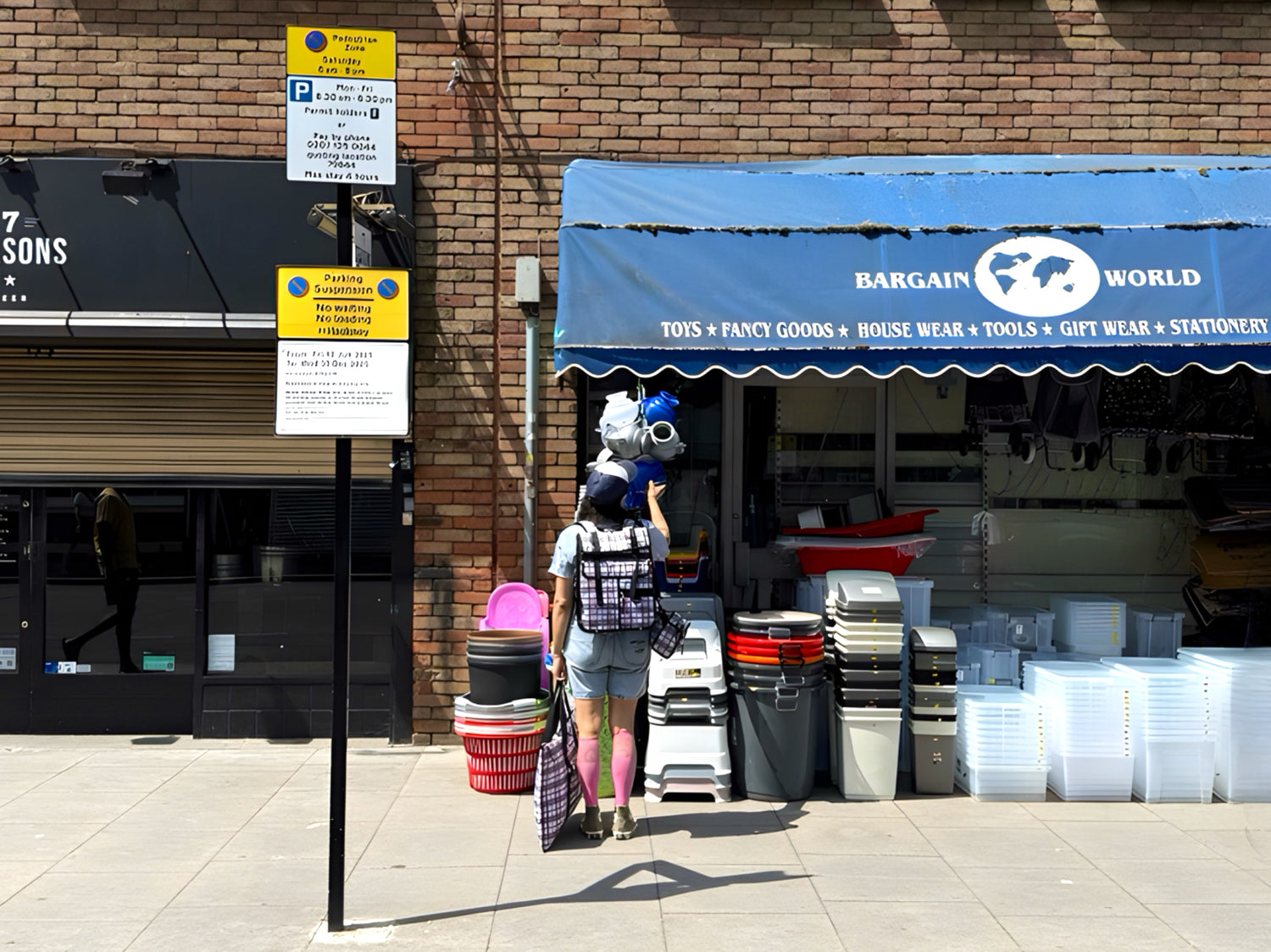London is transforming at pace, and by 2030 the everyday experience of getting around the city will look and feel completely different—especially for families. From cleaner energy to smarter transport networks, the shift will make it easier to juggle school runs, work commitments, and running a creative business or small home studio.
Smarter, Greener, More Connected Transport
Electric buses, autonomous shuttles, and expansive cycling networks will form the backbone of future family travel. Roads will be safer, quieter, and more accessible, thanks to low-emission zones and intelligent traffic management.
Autonomous family pods—compact shared vehicles built for multiple passengers—will give families more mobility options without the costs of private car ownership. AI-assisted journey planning will help parents navigate school, work, and after-school activities with far less stress.

Cycling will continue to rise in popularity, especially for families and small business owners. Stylish and functional accessories—like Goodordering cycling bags—will make this even more practical. Our Rolltop Backpack Pannier (https://goodordering.com/products/rolltop-backpack-pannier-eco-blue-white) is a perfect example: waterproof, durable, and able to switch from pannier to backpack in seconds, it suits commuting parents, creative business owners, and crafter makers transporting supplies around the city.
Mobility Hubs Supporting Work–Life Integration
Local mobility hubs will become essential neighbourhood touchpoints. These compact centres will bring together parcel lockers, charging stations, micro-transport options, flexible workspaces, and family-friendly facilities.
For parents, they’ll simplify daily life—pick up a delivery, charge an e-bike, grab a shared cargo bike, or hop on a local shuttle without detours. For small business owners in the creative sector, these hubs will support smoother logistics: receiving materials, delivering products, or meeting customers locally.
 This is a photo of me at a photoshoot for Loud Mobility - as part of their 'Shes Electric' campaign. This company is doing great things for the future of urban mobility.
This is a photo of me at a photoshoot for Loud Mobility - as part of their 'Shes Electric' campaign. This company is doing great things for the future of urban mobility.
Rethinking the Home Studio: Functional, Flexible, and Built for Creativity
With more Londoners working from home and more makers building businesses from their living spaces, the home studio needs to evolve. Future-ready design focuses on flexibility, efficiency, and separation from family life. Consider:
- Modular storage walls that adapt as your creative business grows—ideal for crafter makers who need everything accessible but organised.
- A convertible workspace, such as a desk that expands for crafting or photography but folds down when family life takes over.
- Room dividers, screens, or sliding panels to carve out a professional work zone even in open-plan London flats.
- Vertical storage (floating shelves, wall rails, tall units) to maximise every inch and keep floor space clear.
- Smart lighting zones to create visual boundaries between “work mode” and “home mode,” even within the same room.
Thoughtful, adaptable design helps maintain focus and creativity—especially important as improved mobility gives people more time to dedicate to their craft.
Summary
By 2030, London’s mobility landscape will be greener, smarter, and more family-friendly. Autonomous pods, electric transport, and community mobility hubs will transform daily travel for families and creative entrepreneurs. Meanwhile, flexible home studio designs and practical accessories—like Goodordering’s cycling bags—will support the growing community of small business owners, home-based creatives, and crafter makers shaping the city’s future.







